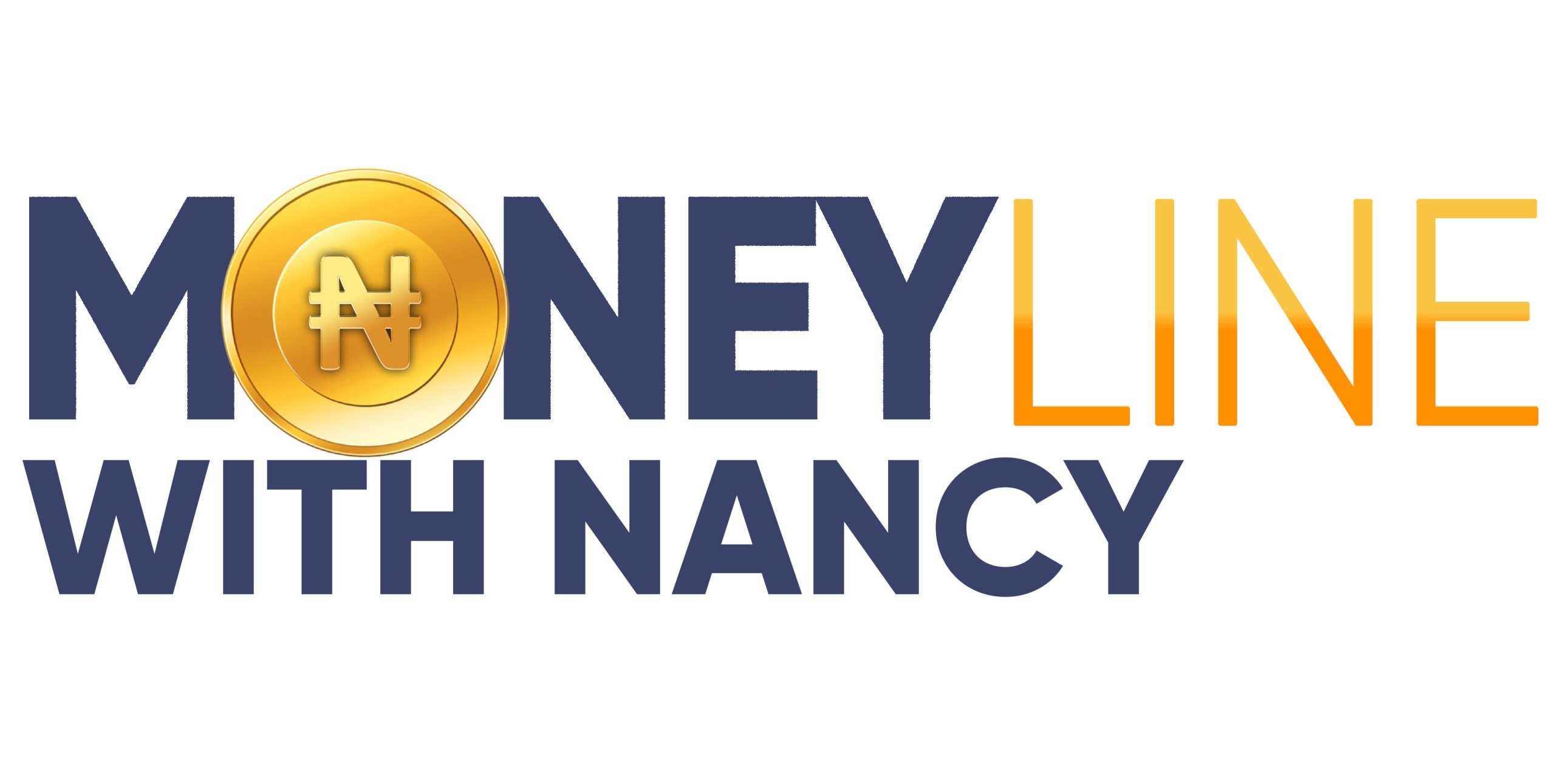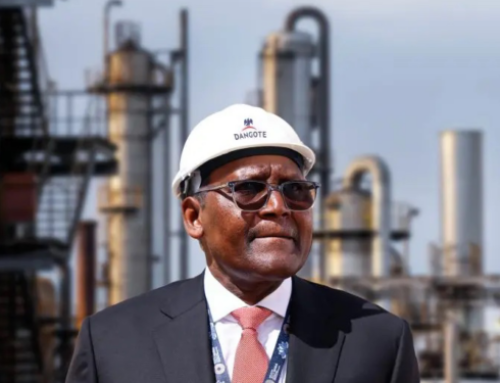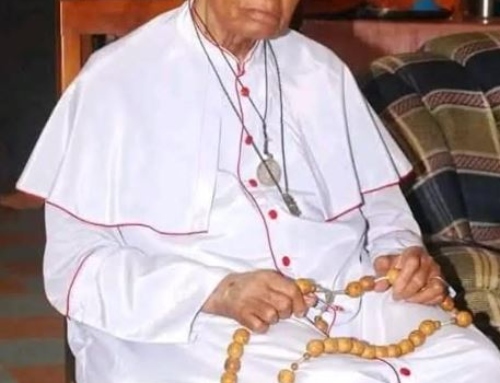Smuggling of Petrol Persists Despite Subsidy Removal, Price Differences

Despite the removal of petrol subsidies, Nigeria’s Premium Motor Spirit remains 58 percent cheaper compared to the product in its neighboring West Africa countries-a situation that has sustained smuggling across its borders.
A market survey puts the average price of PMS in Nigeria at N1,060 per liter in Lagos, while prices in neigbouring countries of Benin and Ghana are remarkably high. For example, in the Republic of Benin, the product sells for Cefa 600 per liter (about N1,649); it sells for Ghc 14.35 per liter (about N1,530) in Ghana. The Gambia has the highest price of D77.89 per liter about N1,853.
Smuggling Networks Abide
Investigations reveal that smugglers take advantage of waterways, porous borders, and informal methods like cans and bottles to move petrol out of Nigeria. A trader involved in the smuggling of the product to Niger Republic said the business is still lucrative despite recent adjustments in its price.
At the current price of N1,060 per litre in Lagos, petrol sells for no less than N1,400 per litre in Niger, making it a lucrative business,” the trader said.
Customs Seize Trucks, Tighten Border Security
The NCS has been making efforts to check smuggling in the country. More than 10 trucks carrying smuggled petrol were reportedly seized between June 2024 and November 2024 under Operation Whirlwind, as stated by Abdullahi Maiwada, the Public Relations Officer of NCS.
Such operation was targeted at combating the smuggling and diversion of petroleum products. The operation has led to the amount of over 650,000 litres of PMS with a financial value of approximately N700 million being discovered in organized smuggling networks. Equally, 17 other retail outlets assisting smuggling have been sealed.
Despite such effort, challenges like limited resources, difficult terrain, and corruption remain, especially in regions like South-South and South-East Nigeria.
Response of NNPCL and Government
The NNPCL President stressed once again their intention of being opposed to smuggling. Spokesman Olufemi Soneye said that while smuggling control was not its direct responsibility, the organization supported policies and enforcement measures to curtail illegal activities.
“NNPCL’s Group Chief Executive Officer, Mele Kyari, once drew the nation’s attention to how the country was losing money through smuggling. He had said, even before subsidy removal, that smugglers could make as much as N17 million per truck due to price disparities between Nigeria and its neighbors.
The subsidized price of Nigerian petrol before deregulation attracted smugglers, who diverted the product into neighboring countries with huge losses to the government. The nation had spent over N9.84 trillion on the importation of petrol between 2006 and 2018, with a substantial portion smuggled out of the country.
Senator Heineken Lokpobiri, the Minister of State for Petroleum Resources, stressed that smuggling was encouraged because of the relative low price of fuel in Nigeria compared with neighboring countries. “Even with security agents at the border, when smugglers take products outside, the system is compromised,” he said.
Challenges Ahead
While deregulation has increased petrol prices to N1,060 per litre in Lagos, smuggling persists. Experts argue that addressing the issue requires strengthening border security, improving transparency, and fostering collaboration between stakeholders to ensure Nigeria’s energy resources benefit its citizens.




![[ICYMI] No N500m missing from customer’s account, says Access Bank](https://moneylinewithnancy.com/wp-content/uploads/2024/11/access-500x383.jpg)
Leave A Comment